Make in India ‘A Single Step Procedure’ – To Diagnose Gestational Diabetes Mellitus is the Pride of the Nation
Dr. V. Seshiah, Dr. Hema Divakar, Dr. Vijayam Balaji, Dr. C. Anjalakshi, Dr. Anil Kapur, Dr. Samar Banarjee, Dr. Anuj Maheshwari, Dr. Sunil Gupta
Gestation diabetes mellitus is defined as any degree of glucose intolerance with onset or first recognised during pregnancy. The concern is GDM may play a crucial role in the increasing prevalence of diabetes and obesity. Further, women with a history of GDM are at increased risk of developing future diabetes, predominantly of Type 2 DM as same is for their children
Role, Regulation and Reception of Association of Brain and Diabetes: Emerging Evidences and Contemporary Insights
Dr. Vijay Negalur, Dr. Benny Negalur
Historical Perspectives Hyperglycaemic states can be produced experimentally by certain defined neural stiumuli or lesions. This was first demostrated by Claude and Bernad in 1849 who induced hyperglycaemia and glycosuria in anaesthetised animals by puncture of the fourth ventricle. Despite this important discovery, it took approximately 150 years before significant efforts aimed at understanding the underlying mechanism of brain-mediated control of glucose metabolism were made.
Current Status of Adult Immunisation Amongst Diabetics in India: A Review Article
Dr. V.K. Abichandani
The growing epidemic of type 2 diabetes mellitus equires interventions to assist diagnosed patients to better manage the disease, to reduce the risk of conversion to frank diabetes from prediabetes,and to manage the associated complications. Individuals with diabetes are six times more likely to be hospitalised and three times more likely to die from complications of influenza or pneumonia than those in the general population.
Testosterone Deficiency in Young Diabetic Males
Chaurasia A, Valame S, Jain MK
In today’s age of non-communicable diseases, it is pertinent to assess the interactions between the two endocrinological complexes of diabetes mellitus and testosterone deficiency. Their relationship was initially brought to the forefront only after the millennium.
Thyroid and Diabetes Interface
Dr. Biswajit Roy, Prof Samar Banerjee
Diabetes mellitus, characterised by hyperglycaemia, is a health problem affecting the population worldwide in general and of India in particular. Uncontrolled diabetes with its many adverse effects like cardiovascular diseases, kidney diseases and dyslipidemias increase morbidity and mortality. The impact of this disease on the quality of life, morbidity and mortality, through the complications that affect the small and large vessels, has been emphasised by the findings of the national commission (USA) on diabetes and DCCT trial.
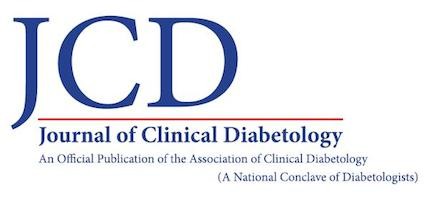
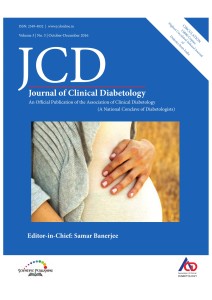
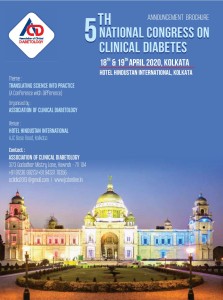
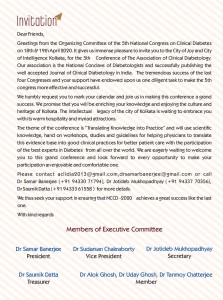
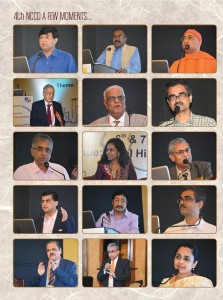
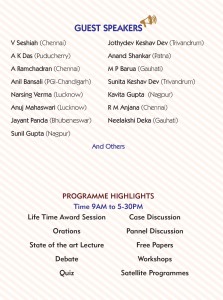
Leave a Reply